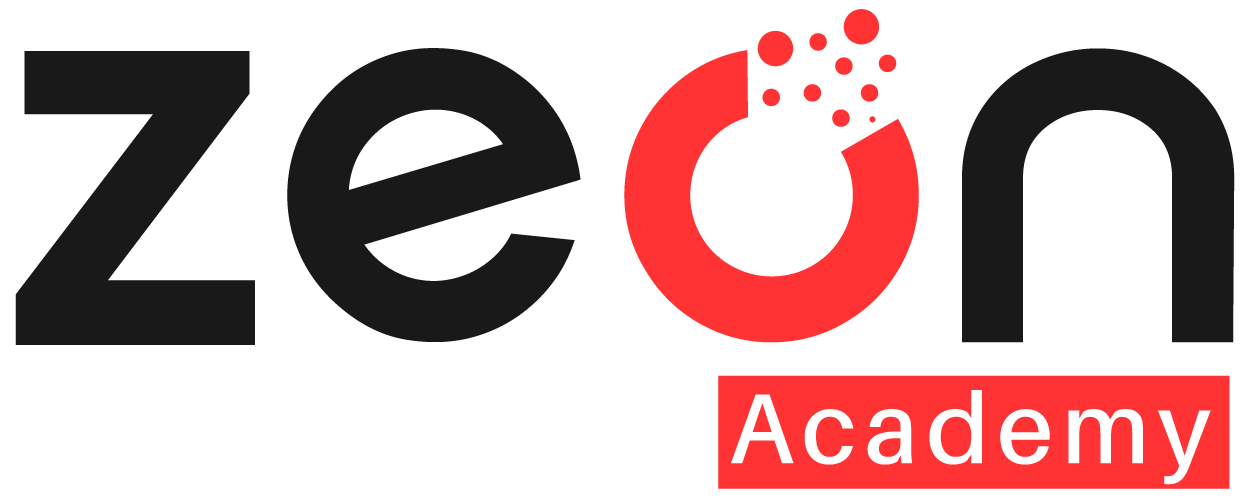12 Powerful SEO Ranking Factors: The Ultimate Guide to Boost Your Website
In the dynamic world of digital marketing, understanding and implementing effective SEO strategies is crucial for enhancing your online presence. With numerous factors influencing search engine rankings, it can be overwhelming to know where to start. This comprehensive guide delves into the 12 most powerful SEO ranking factors that can propel your website to the top of search results.
The Importance of SEO Ranking Factors
Search Engine Optimization (SEO) is the procedure of upgrading your website’s visibility to rank it higher on search engine results pages (SERPs). High rankings bring about increased visibility, more organic visitors, and in the end, higher conversions. Understanding the key ranking factors is essential to create a robust SEO strategy.
| SEO Ranking Factor | Details |
| Quality Content | Engaging, informative, and relevant content |
| Mobile-Friendliness | Responsive design ensuring optimal user experience on mobile devices |
| Page Load Speed | Faster loading pages contribute to better user experience and higher rankings |
| On-Page Optimization | Proper use of keywords, meta tags, and header tags |
| Backlinks | High-quality backlinks from authoritative sites |
| User Experience (UX) | Easy navigation, intuitive design, and valuable content |
| Domain Authority | Trust and credibility of the website |
| Secure Websites (HTTPS) | SSL certificates ensuring secure connections |
| Social Signals | Engagement and shares on social media platforms |
| Technical SEO | Proper site architecture, sitemaps, and robots.txt files |
| Keyword Optimization | Strategic placement of keywords throughout the content |
| User Engagement Metrics | Low bounce rates, high dwell time, and increased interactions |
How to See Your SEO Rankings
Knowing your current rankings for important keywords establishes a baseline, allowing you to measure progress. Without this starting point, setting goals and quantifying the effects of optimizations becomes impossible.
There are two main methods to check your present search engine rankings on Google:
- Check Google SERPs: The best effortless approach is to search for your target keywords on Google and see where your pages are in the search results. While this gives you the actual live ranking position, it is very time-consuming and inefficient to do manually.
- Use a Position Tracking Tool: It’s more effective to use software that can automatically track your keyword rankings, providing detailed reports and insights.
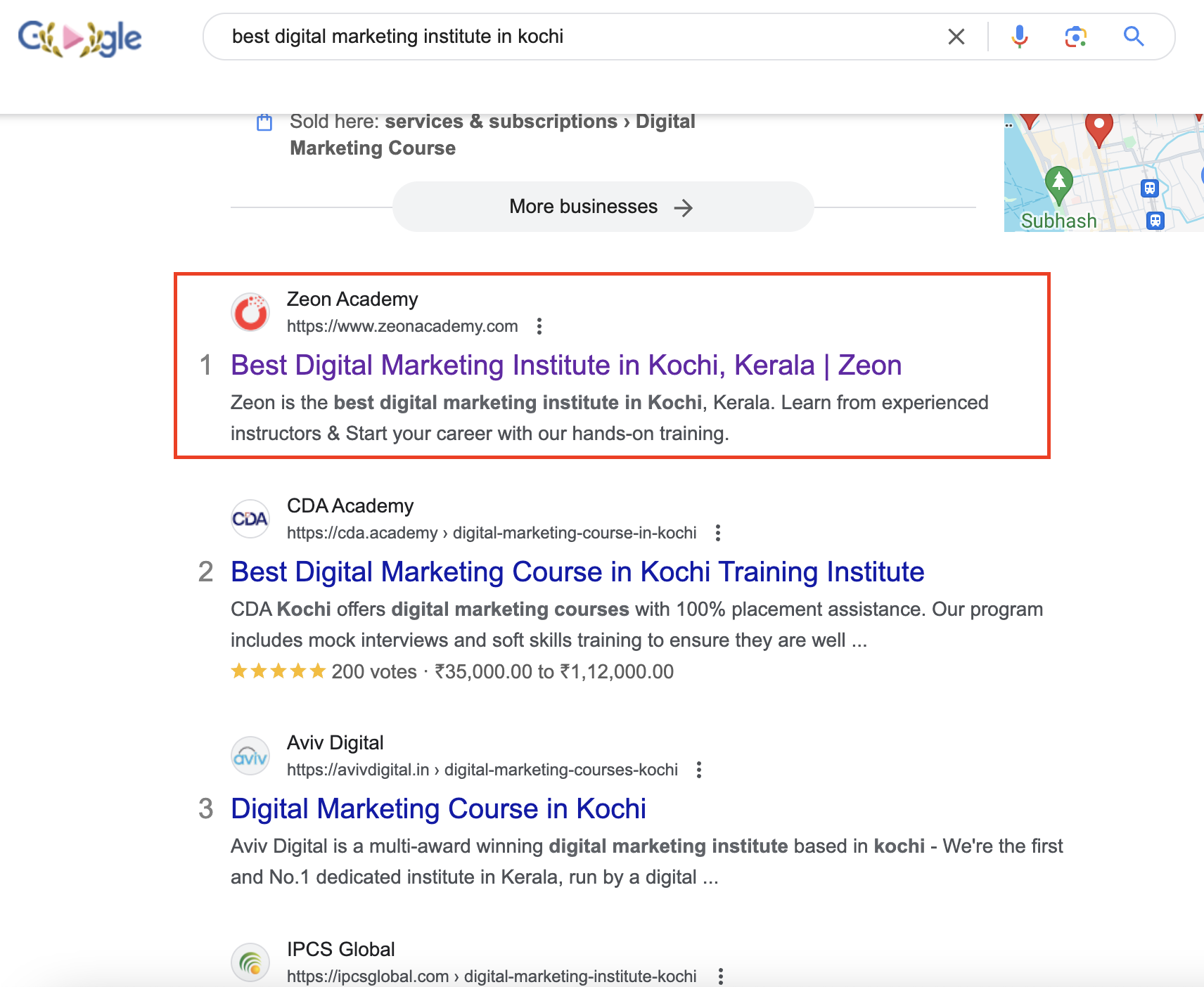
Quality Content
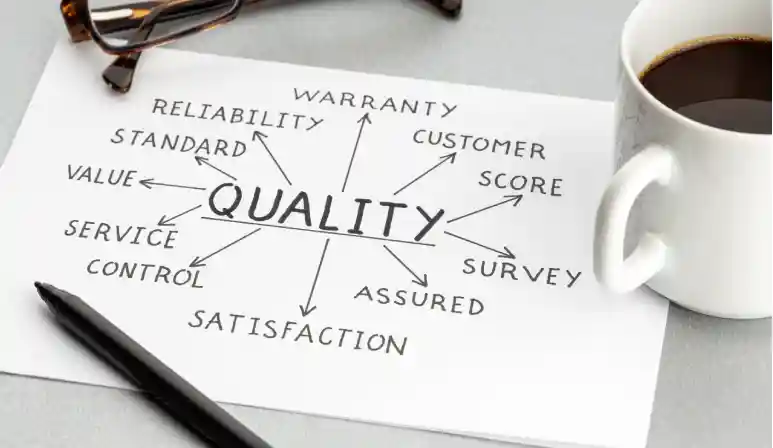
Why Quality Content is Crucial? Quality content is the cornerstone of SEO. Search engines turn their attention to websites that offer valuable, informative, and exciting content to the target audience. High-quality content not only attracts visitors but also motivates them to stay longer, decreasing bounce rates and increasing dwell time.
How to Create Quality Content:
- Carry out deep studies to identify your target audience’s pain points and tastes.
- Use a mix of text, images, videos, and infographics to make content more likable.
- Make sure to update your content always to keep it timely and fresh to a visitor.
- Make sure your content is written without any errors and is easy to grasp for a user.
Mobile-Friendliness

The Rise of Mobile Search: With the increasing use of smartphones, mobile-friendliness has become a critical ranking factor. Search engines prefer websites that offer an excellent mobile phone experience as most users use a smartphone while browsing content.
Optimizing for Mobile:
- Take care to use a responsive design for your website so that it will easily adjust to different screen sizes.
- Optimize images and reduce file sizes for faster loading times on mobile.
- Simplify navigation and make certain the buttons and links are easy to click on smaller screens.
- Perform extensive tests with your website by using various mobile devices to check the compatibility.
Page Load Speed
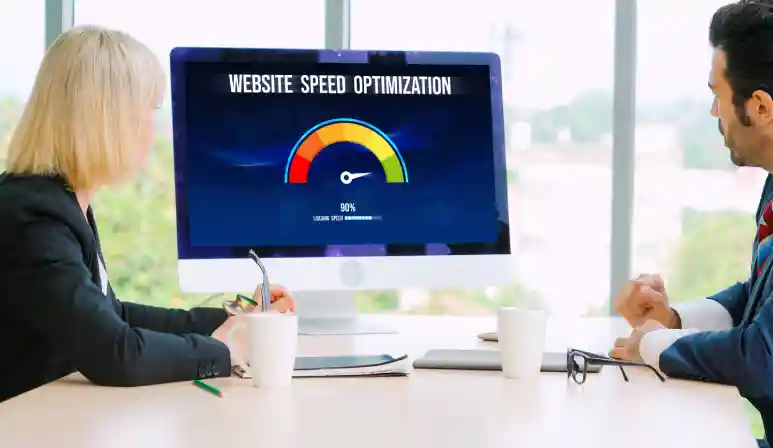
The Influence of Page Speed on SEO: A user’s experience with a website is mostly affected by the page load speed. Slow-loading pages always tend to frustrate visitors, making the bounce rates raise high. Search engines penalize slow websites by ranking them lower.
Improving Page Load Speed:
- Always compress your images and use newer modern image formats like WebP.
- Reduce the use of heavy scripts and too many plugins.
- Use Content Delivery Networks (CDNs) to distribute content efficiently.
- Allow for browser caching and reduce the server response times.
On-Page Optimization
Essentials of On-Page SEO: On-page optimization involves optimizing individual web pages to rank higher and attract more organic traffic. This includes using the right keywords, meta tags, and header tags.
Key On-Page SEO Techniques:
- Use fitting keywords clearly in the title, meta description, and throughout the content.
- Include descriptive alt tags for images.
- Apply header tags (H1, H2, H3) to logically divide and organize the content.
- Make sure your URLs feature keywords and are clean, which makes them SEO friendly.
Backlinks
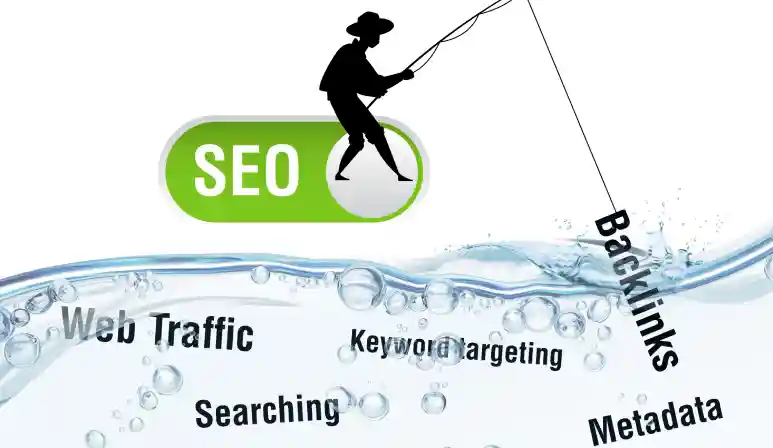
The Role of Backlinks in SEO: Backlinks are links from other websites to your site. Search engines focus on these links to test the credibility and validity of a website. High-quality backlinks from reputable sources can significantly boost your rankings.
Building High-Quality Backlinks:
- Write shareable content that will make others want to link it.
- Make guest posts on credible blogs related to your niche market.
- Participate in industry forums and online communities.
- Use tools to monitor and reclaim lost backlinks.
User Experience (UX)

The relationship between UX and SEO: A good user experience is a vital part of finding success with SEO. Websites that are easy to navigate and provide valuable content profit from search engines.
Enhancing User Experience:
- Make sure of your website’s navigability by having a well-defined structure.
- Use intuitive design principles to guide users.
- Offer valuable and relevant content that meets user intent.
- Regularly test and improve your site’s usability.
Domain Authority

Understanding Domain Authority: Domain Authority (DA) is a metric that predicts how well a website will rank on SERPs. This is on the basis of a few factors such as age, popularity, and the size of the website.
Improving Domain Authority:
- Publish high-quality, authoritative content regularly.
- Build a robust backlink profile.
- Engage with your audience on social media.
- Ensure your site is technically sound and free of errors.
Secure Websites (HTTPS)

Importance of HTTPS: HTTPS ensures a secure connection between your website and its visitors. Search engines favor secure sites, as they protect user data and build trust.
Implementing HTTPS:
- Get an SSL certificate from a reliable source.
- Install and configure the SSL certificate on your server.
- Redirect HTTP traffic to HTTPS.
- Update internal links and resources to HTTPS.
Social Signals

Social Media and SEO: While not a direct ranking factor, social signals (likes, shares, comments) can influence your SEO. They play a part in improving the visibility and driving more organic traffic to your website.
Boosting Social Signals:
- Share your content on social media platforms.
- Inspire your audience to share and engage with your content.
- Use social media buttons on your website.
- Take part in relevant social media groups and discussions.
Technical SEO

The Backbone of SEO: Technical SEO involves optimizing your website’s infrastructure to make it easier for search engines to crawl and index your site.
Key Technical SEO Practices:
- Produce and upload a sitemap for the search engines.
- Upgrade your robots.txt file to guide search engine crawlers.
- Ensure your website is free of broken links and errors.
- Use data which is well structured to increase the understanding of a search engine.
Keyword Optimization

The Science Behind Proper Use of Keywords: Keywords are the words or characters that users usually enter into a search engine while browsing for something. Proper keyword optimization helps search engines understand your content and match it with user queries.
Effective Keyword Optimization:
- Conduct keyword research to find relevant terms.
- Add clear primary and secondary keywords in your content.
- Optimize your title, meta description, and headers with keywords.
- Don’t fall into the trap of keyword stuffing and ideally go for user intent.
User Engagement Metrics

Measuring User Engagement: Search engines use user engagement metrics like bounce rate, dwell time, and click-through rate to evaluate the quality of your site.
Improving User Engagement:
- Create compelling and relevant content.
- Apply clear and captivating calls-to-action.
- Optimize your site for faster loading times.
- Routinely update and upgrade your content.

